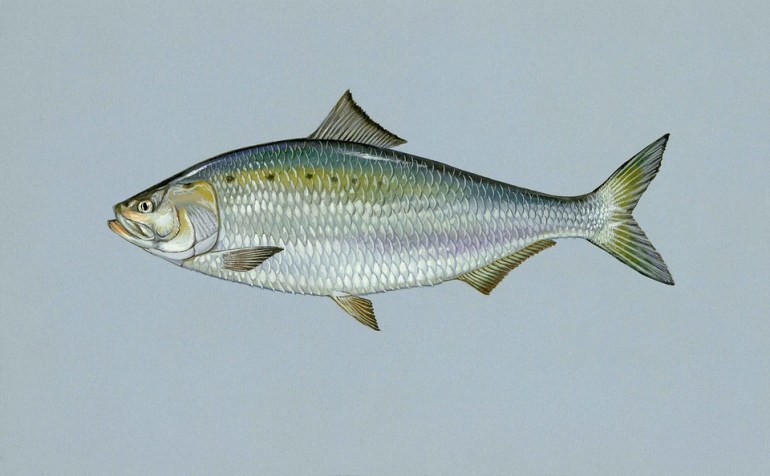Biodiversity experts said that hydroelectric plants built in humid areas, such as rivers and lakes, are among the main causes of the degradation of biodiversity in the Mediterranean region.
The experts explained in a new study published on the website of a European association for nature protection "Wetlands International" (Wetlands International) on July 9 this year that there are about 251 species of freshwater fish threatened with extinction.
She pointed out that power plants are one of the reasons that aggravated the situation, as they found that 63% of the threatened species were caused by these plants, which have become widespread in recent years.
The study, which came in the form of a detailed and comprehensive report in 309 pages, calculated the presence of 5269 hydroelectric power stations, in addition to 6300 stations under study, and this is a huge number considering the environmental problems that the Mediterranean region knows.
Remove these stations
Experts said that it is the small plants that produce less than 10 megawatts that pose a great danger, as 163 of them were counted, which were built in areas previously rich in biodiversity, but today they are in a state of concern.
Dr. Juerg Freihof, the study's supervisor from the Leibnitz Institute for Freshwater Fish and Inland Fisheries in Berlin, Germany, attributed the fact that hydroelectric stations constitute a barrier to the fish in which they live, thereby cutting off their livelihoods and destroying ecosystems.
Freihof called for restoring things by removing these stations, and beginning with the small ones.
For his part, Gabriel Chouderar, director of the EuroNatur Foundation, which contributed to the financing of the study, explained that the main demand today is to stop funding for the construction of such stations. ".
Removal is difficult to apply
Among the most prominent endangered fish in the countries of the northern Mediterranean, we find Alosa Algeriensis, which was widely spread in Morocco, Algeria and Tunisia and has become, since the mid-twentieth century, threatened with extinction as it has been classified in the IUCN Red List.
There is also the carasobarbus harterti, which is considered one of the endemic fish in Morocco, and also the European water snake (Anguilla European Eel), which we find in both Lebanon and the North African countries, many countries in the northern Mediterranean and blue lip cichlid , Who lives in the valleys of Algeria and Tunisia.
Commenting on the study, Farid Derbal, a professor of marine science at the Algerian University of Annaba, said in a press statement to the island: "The magnitude of the negative impacts that hydroelectric plants have had on freshwater biodiversity is cause for concern."
He added that "thinking about finding solutions started a while ago because the problem was raised before, but it seems that the solution proposed by the study is difficult to implement because it is inconceivable to stop these stations."

